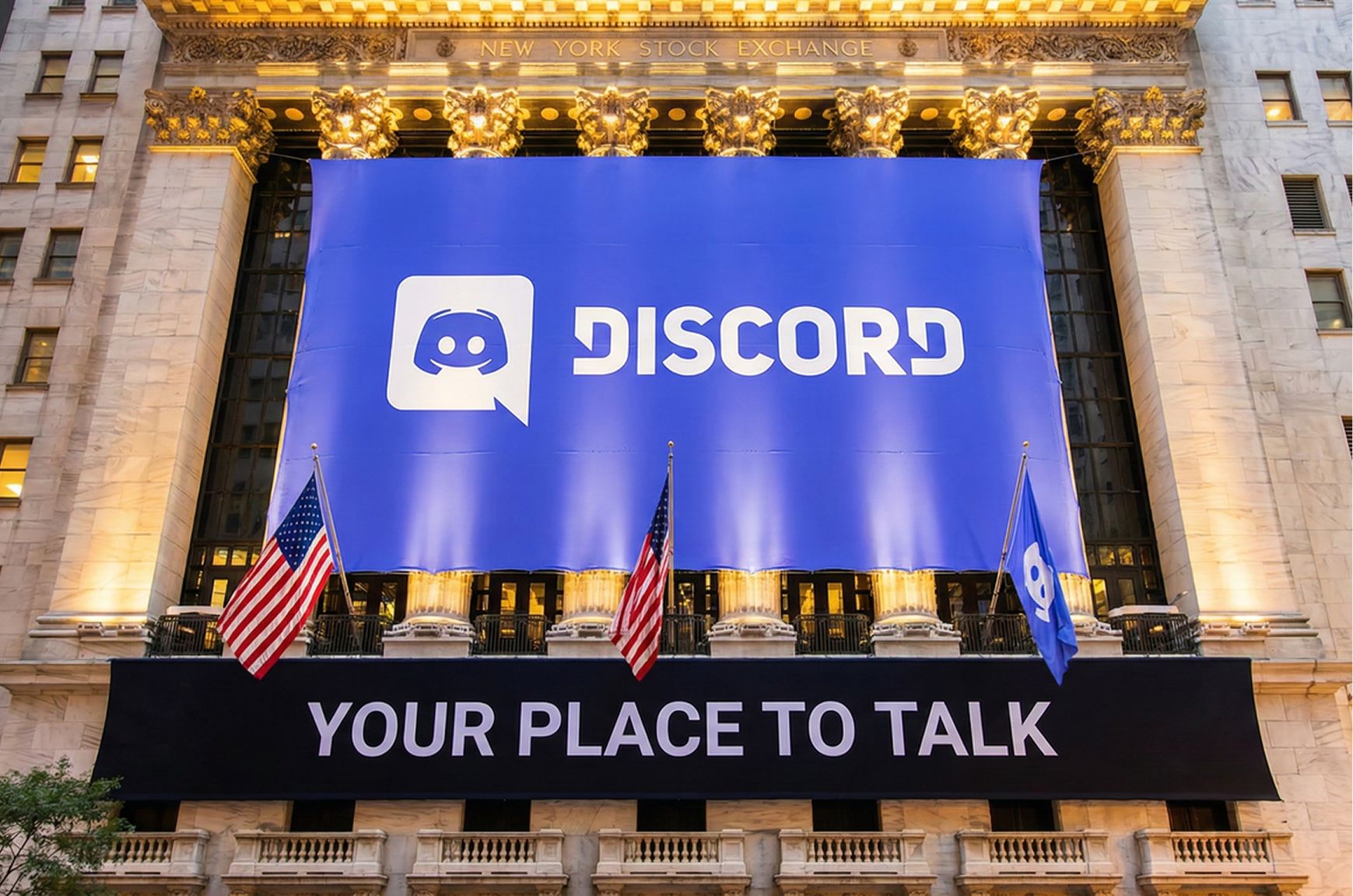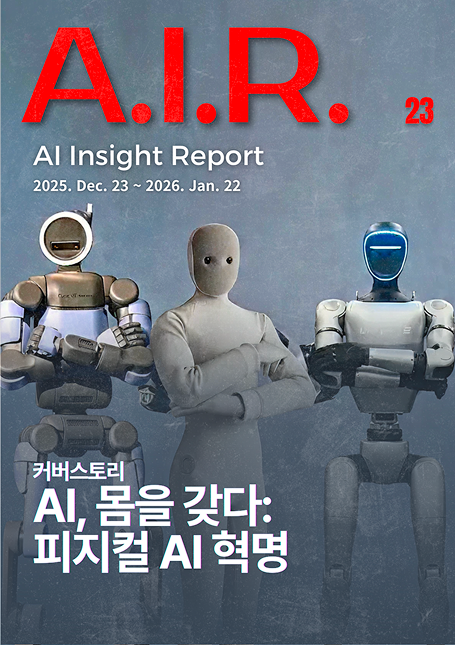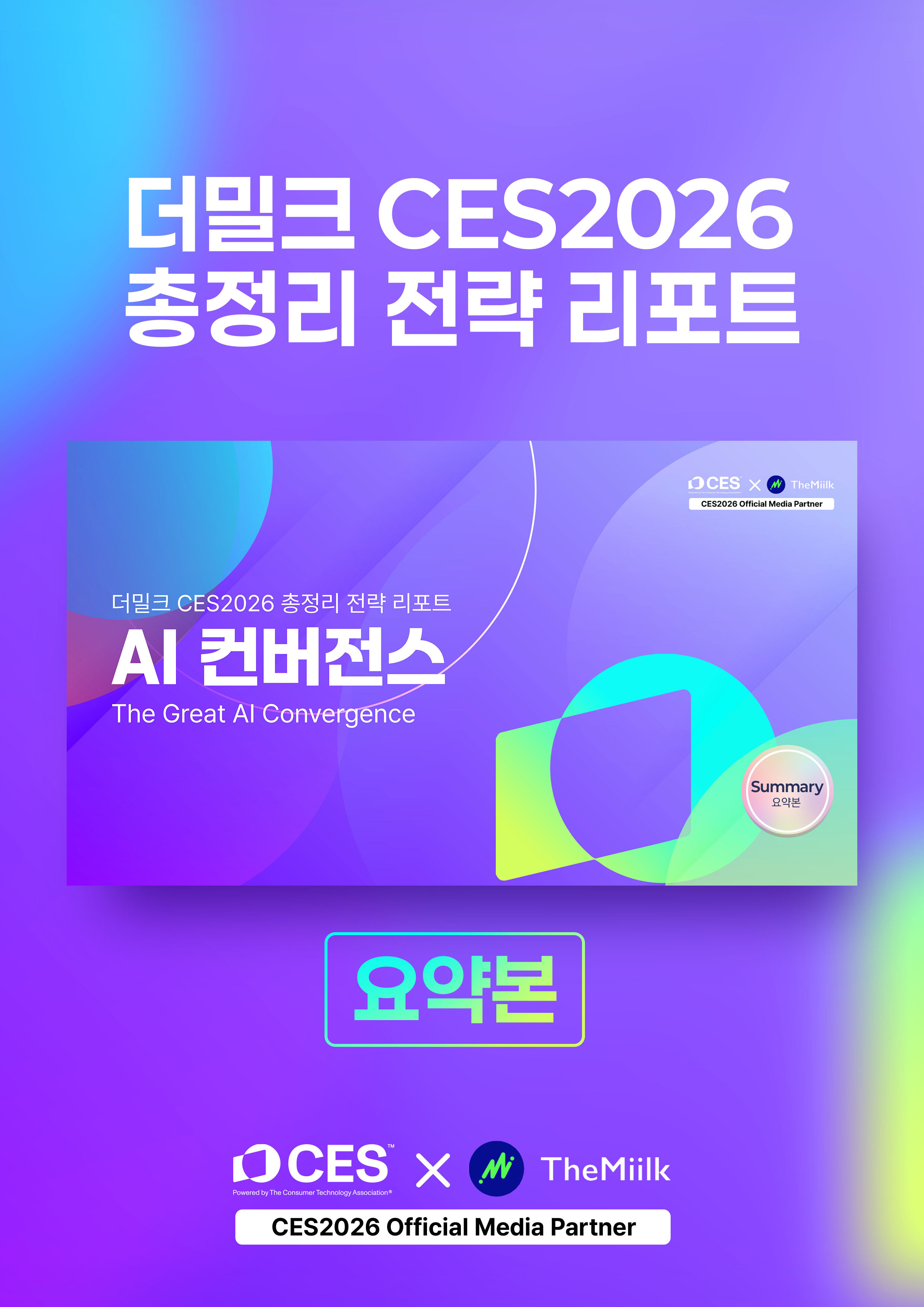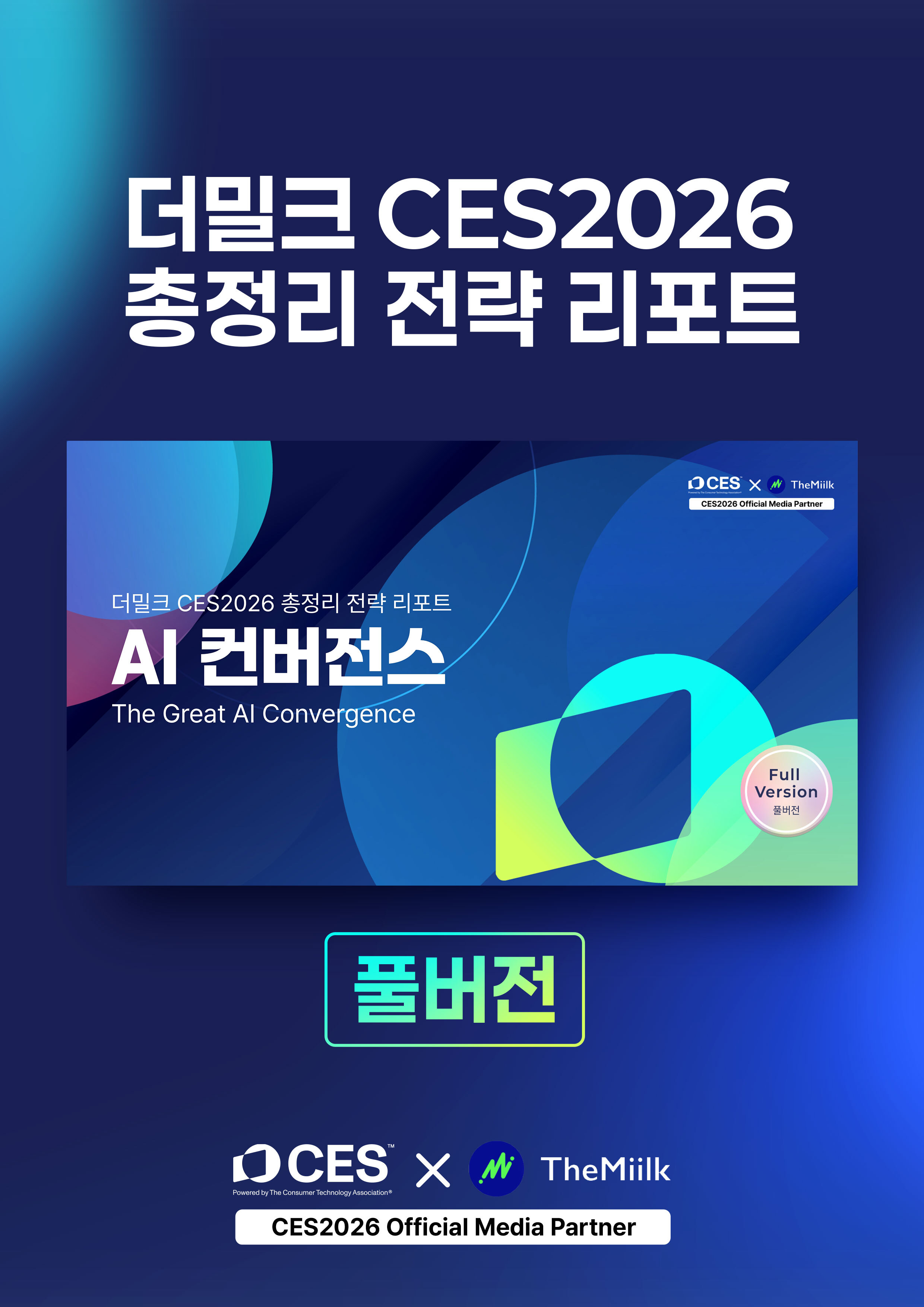Sky’s the Limit for Wrtn Technologies
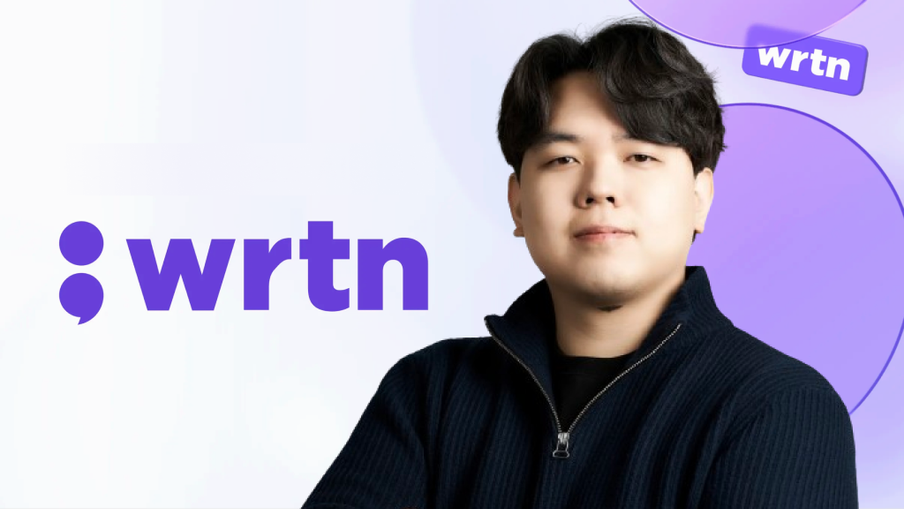
Rising local AI startup Wrtn Technologies aims to attract users with hyper-personalized AI agent technology
Our goal is not to become a unicorn. We see far beyond it.Wrtn Technologies CEO Seyoung Lee
Wrtn Technologies is a rookie startup that burst onto the AI scene in 2021. Despite the short period since its foundation, the company has become one of the fastest-growing generative AI companies in South Korea. The number of its subscribers has nearly reached the 2 million milestone this year, surpassing its initial goal of exceeding 1 million.
“Since March, the company has posted a weekly growth rate of 10 percent by user base,” said Seyoung Lee, the CEO of Wrtn Technologies, adding, “We’re focusing on drawing in a massive number of users in Korea and then expanding into the Japan, Middle East, and Southeast Asian markets in earnest.”
Growth-first strategy
Behind the fast user base growth this year is the firm’s transition toward a platform that incorporates different large language models(LLMs) and AI agent technology that understands users well. Wrtn allows its subscribers to utilize high-profile LLMs like Open AI’s ChatGPT and Google’s PaLM for free. It is also in talks with those tech giants to make additional LLMs, including Google’s Gemini and Anthropic, available on its platform. In addition to its primary strategy to aggregate those different generative AI services on the single platform to attract users, the firm also offers a service that analyzes users’ data to offer highly tailored responses by combining different LLMs.
Lee said the so-called LLM curation will enable users to “pick and utilize different LLMs according to user environments.” For instance, when a user asks, “Where was the host nation of the World Cup last year?” on the Wrtn platform, a GPT will gather a collection of relevant data, and Claud-2 provided by Anthropic will come up with responses that sound more natural to human users than ones offered by other LLMs. The so-called “platformization” has already started, and the competition surrounding it will gather momentum, the Wrtn CEO predicted.
“In a letter sent out to Wrtn execs and employees earlier this year, I stressed that the company has to fast transform into an AI platform, thinking big tech companies would do so to take the helm,” Lee said. As he forecasted, OpenAI recently announced an AI tool that allows users to develop and sell their own AI services on the US firm’s platform, similar to Apple’s AppStore where users can sell their mobile apps. The move is considered OpenAI’s plan to increase user retention on its platform.

Personalized AI for users
Offering personalized AI experiences for users is another strategy Wrtn deploys to attract users. With different me-too products already flooding the market, appealing to general users has become a hard nut to crack. In a bid to meet the needs of users, it carried out a series of surveys to develop an AI agent that predicts the preferences of users toward which LLMs they would like to use. For instance, after just several chat sequences, the Wrtn’s solution identifies which answers generated by different LLMs would best fit users’ needs and queries. “Wrtn will try to build an AI agent that offers the most-tailored results for users in the looming artificial general intelligence era,” Lee said.
Citing investment firm Sequoia, Lee mentioned that the initial phase of the generative AI industry, called Act One, was led by LLM developers. In the second phase, Act Two, the market sees an explosive number of LLMs and killer apps. In Act Three, a myriad of AI services will disappear because of several super apps, which will also increase their presence in the infrastructure realm, similar to what web and mobile services have witnessed so far.
In order to secure an upper hand in the market revolving around AI platforms, the Korean firm has been focusing on attracting users as well as building a data flywheel to offer smarter AI agents for users. Building and owning an LLM is important, but what matters most in the future will be the number of active users, according to Lee.
“Services with the most user demand will eventually gain the highest business upside,” Lee said. The commoditization of LLMs has been accelerating with the cost of AI training continuing to drop. Lee expects the trend to continue down the road. Nowadays, training LLMs like GPT-3 costs a hundredth of what it did when the model was first developed. The AI market is still considered to be in its "teenage years." It is expected to follow the growth paths of web portals and mobile services, like Google, YouTube, Instagram, and WhatsApp.
“The market is going to see the dominant players in the AI industry, and the domestic market may need its own players too to stay competitive,” said Lee, adding Wrtn will be able to serve as a crusader in the battle with global AI giants like Korean web and mobile services, Naver, and Daum, did in the past. Korea is one of a few countries that have home-grown web portals and mobile messengers that are on par with Google and Facebook in the local market.
Upping its ante in increasing the user base, the Korean firm aims to draw in 100 million monthly active users by 2027. The company is also planning to adopt different advertising models, such as display and keyword, while trying to adopt AI-native ads to generate revenue. The startup received a Series A funding of 15 billion won ($11.6 million) in June last year. It plans to attract additional funding later next year, according to the firm.

